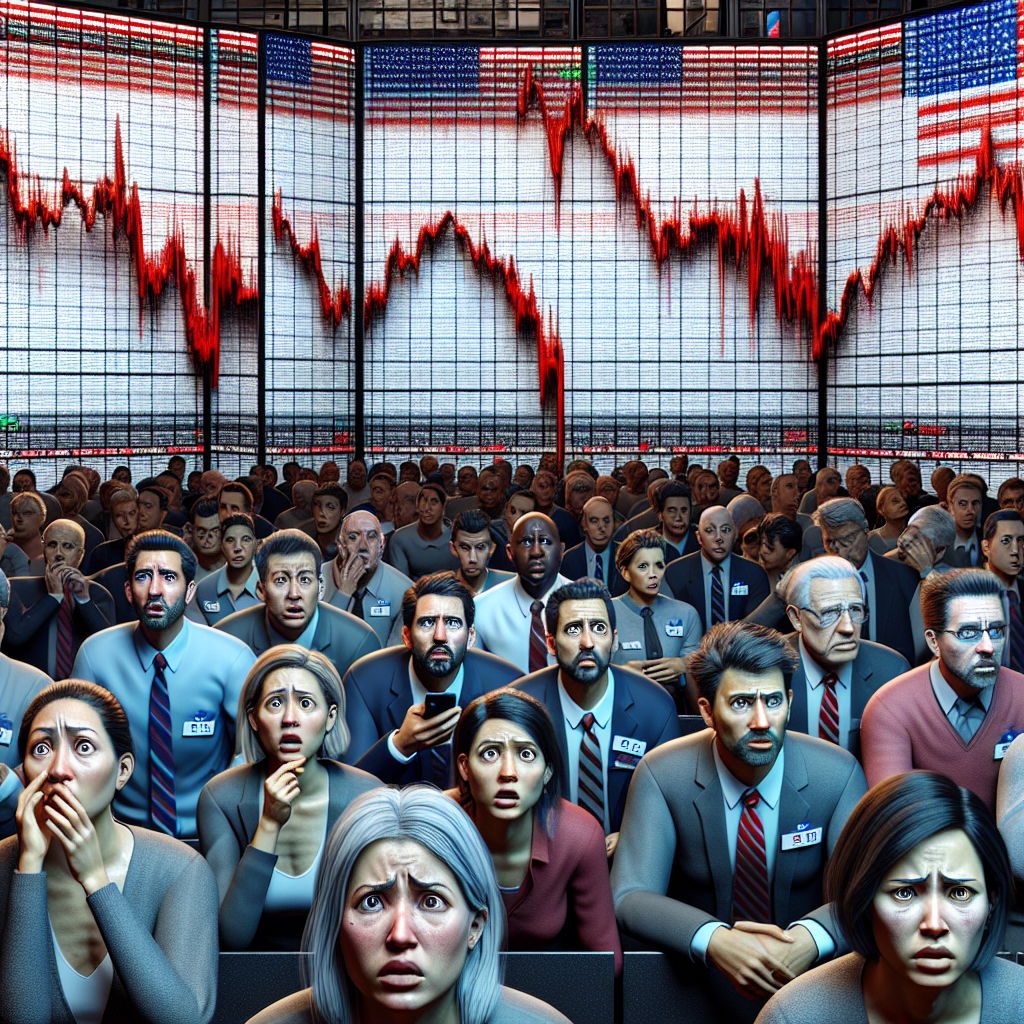Listen to this post: Trump Tariffs Shake Stock Markets: What Investors Must Know
Trump Tariffs Shake Stock Markets: What Investors Must Know
Summary
The recent imposition of tariffs by former President Donald Trump has caused noticeable turbulence in global stock markets. These tariffs, focused on imports such as steel, aluminum, and various technology components, have reignited fears of a trade war—especially between the United States and China. As a result, investors are facing increased market volatility, triggering widespread sell-offs and sharp fluctuations across key indexes like the S&P 500, Dow Jones Industrial Average, and NASDAQ.
The primary concern lies in inflationary pressures and supply chain disruptions. With tariffs raising the cost of imported goods, prices are expected to rise, forcing companies to either absorb the cost impacts or pass them onto consumers. This leads to fears of decreased profit margins and waning consumer demand.
In addition to global uncertainty, analysts argue that these economic moves send mixed messages to investors seeking consistency in policy direction. New levies come at a time when markets are already watching inflation rates, interest rate decisions by the Federal Reserve, and progress on U.S. debt ceiling negotiations. The reappearance of tariffs only adds another layer of complexity and risk.
Economists and market strategists are now urging investors to reevaluate their portfolios and consider sectors more resilient to trade-related disturbances. Defensive sectors like utilities and consumer staples may become investor favorites during this period of uncertainty. Tech and manufacturing could experience the most immediate hit due to high exposure to global trade dynamics.
In short, Trump’s tariff maneuvers have not just unsettled markets temporarily—they may also herald a longer-term realignment in investment strategies, trade policies, and international relations.














